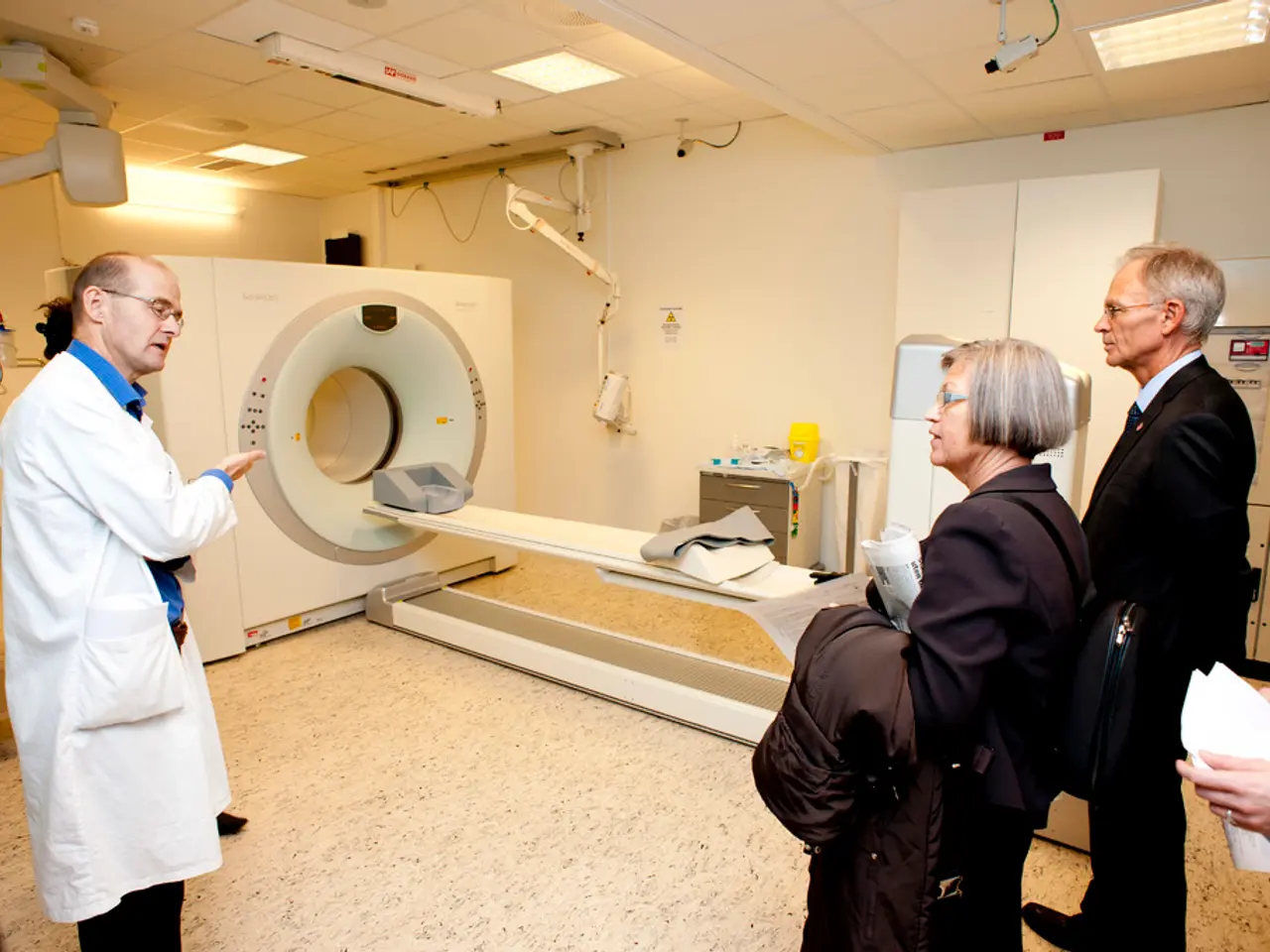Medicare's coverage for CT scans and related expenses, along with potential options when out-of-pocket payments are needed.
In the healthcare world, CT scans play a crucial role in diagnosing various conditions, from head injuries to heart disease. However, understanding the costs associated with these scans under Medicare can be confusing. Here's a breakdown of what you need to know.
CT scans, which involve a computerized X-ray that rotates around a person while they are inside a machine, are covered by both Medicare Part A and Part B. If you are an inpatient in a hospital, hospice, or skilled nursing facility, Medicare Part A will cover the costs of a CT scan. For outpatient scans, Medicare Part B takes care of the expenses, with some out-of-pocket costs typically applying.
For outpatient CT scans, Medicare Part B has a standard deductible of $257 in 2025. After you meet this deductible, you are responsible for paying 20% of the Medicare-approved amount for the CT scan. This coinsurance is your average out-of-pocket cost for the CT scan itself if you do not have additional supplemental insurance like Medigap.
The exact Medicare-approved amount can vary based on the specific type of CT scan and the facility's location. For instance, a CT scan of the head or brain in an ambulatory center costs $18, while in the hospital's outpatient department, it is $27.
It's important to note that Medicare Part A does not have coinsurance but has an incremental copayment payable after a person has been in the hospital for 60 days or more.
Supplemental coverage, such as Medigap or Medicare Advantage plans, can significantly reduce your out-of-pocket expenses by covering deductibles, coinsurance, and copayments. Without supplemental insurance, your out-of-pocket costs would be the deductible plus 20% coinsurance on the Medicare-approved amount.
CT scans are not only used for diagnosing injuries but also for detecting diseases without the need for surgery, such as heart disease and blood clots that may lead to stroke. They can also help in the examination of head injuries, suspected kidney stones, and suspected blood clots in the lungs.
In some cases, doctors may recommend alternative scans such as MRI or ultrasound instead of a CT scan. MRI is a non-laboratory diagnostic image test that does not use ionizing radiation, but people with implants containing iron may not be able to undergo these scans. Diagnostic ultrasounds, a noninvasive technique to capture an image inside the body, do not produce ionizing radiation.
Lastly, it's essential to discuss the use of CT scans due to the ionizing radiation they produce. While beneficial for diagnosing various conditions, excessive exposure to radiation can potentially lead to health risks.
In summary, under Medicare in 2025, you can expect to pay a deductible of $257 (if not already met) and 20% coinsurance of the Medicare-approved amount for the CT scan in either facility type. These costs can range from a few hundred dollars to potentially more, depending on the Medicare rate for the particular CT scan. Remember, supplemental coverage can help reduce these out-of-pocket expenses.
[1] Source: Medicare.gov [3] Source: Kaiser Family Foundation
Read also:
- Chest Pain Caused by Compressed Nerves: A Possibility Explored
- Hypothyroidism in Canines: A Comprehensive Look, Written by Catherine Barnette, DVM, and Reviewed by Emily Oliver, CVT on 07/31/2025. Published on 07/21/2023. Sharing options include Facebook, Twitter, Email, and Print.
- Can diabetic retinopathy be reversed?
- Estimated healthy life years for a Latvian: Not numerously abundant






